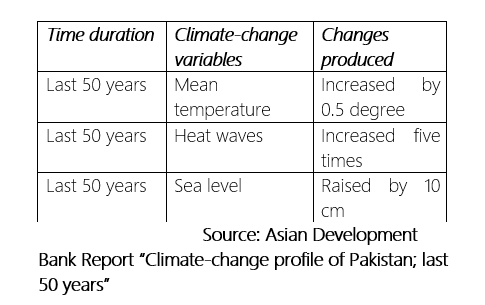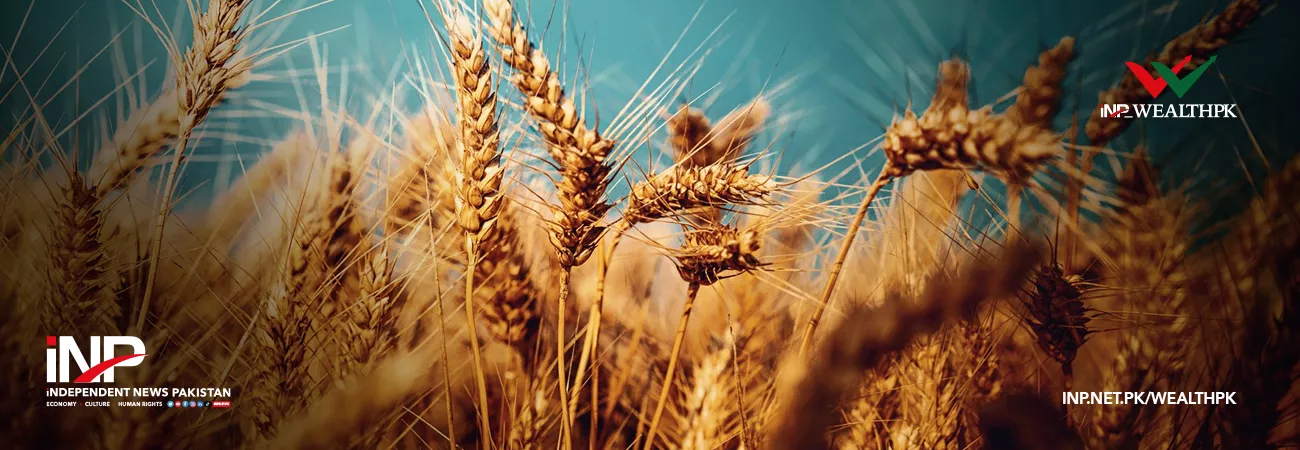INP-WealthPk
Muneeb ur Rehman
Considering the increasing population in Pakistan, it is important to introduce new wheat varieties to ensure food security. In this regard, China’s support to introduce climate-resilient wheat varieties will help Pakistan reduce food insecurity. Talking to WealthPK, Prof Muhammad Arif of the Department of Agronomy, Agriculture University Peshawar, viewed China’s support in producing climate-resilient seeds as a positive development.
According to the global Climate Risk Index, Pakistan stands at 5th position with respect to the climate vulnerability of countries. It has been projected that Pakistan may lose 50% of wheat yield if the current trend of rise in temperature continues until 2040. Climatic changes can also cause economic losses to 80% of the farmers engaged in wheat production. The last 50 years’ data on climate-change variables casts doubts on the country’s ability to cope with climate change.

Prof Arif said Pakistan-China joint wheat laboratory at the Quaid-i-Azam University, Islamabad, will help Pakistani scientists learn technical expertise from Chinese experts on biotechnology.China has made phenomenal progress in wheat production through research techniques that make wheat seeds resistant to temperature, humidity, precipitation, and drought. It has maintained a grain output of more than 650 million tonnes yearly for the last eight years.
He commended China’s smart breeding techniques to protect wheat yields from severe climatic conditions in its homeland. The Chinese research in the agriculture sector and biotechnology has no parallel in the world, he added. About 40% of the total agricultural land in Pakistan constitutes wheat crops. Prof Arif argued that different agro-ecological-zones in Pakistan take the effect of climate change in a different manner.
To secure climate resilience in wheat production, the Chinese support in the development of climate-resilient seeds through different breeding techniques in the lab will reduce the burden of food imports. Pakistan is likely to miss the target of wheat production this year. Against the target of 28.4 million tonnes, it may land at 26.7 million tonnes. Currently, Pakistan is importing wheat from Russia at $327 per metric tonne after the Economic Coordination Committee’s approval. Cooperation between these two countries in the agriculture sector will shield Pakistan from dependency on other countries, he hoped.
Credit: Independent News Pakistan-WealthPk




